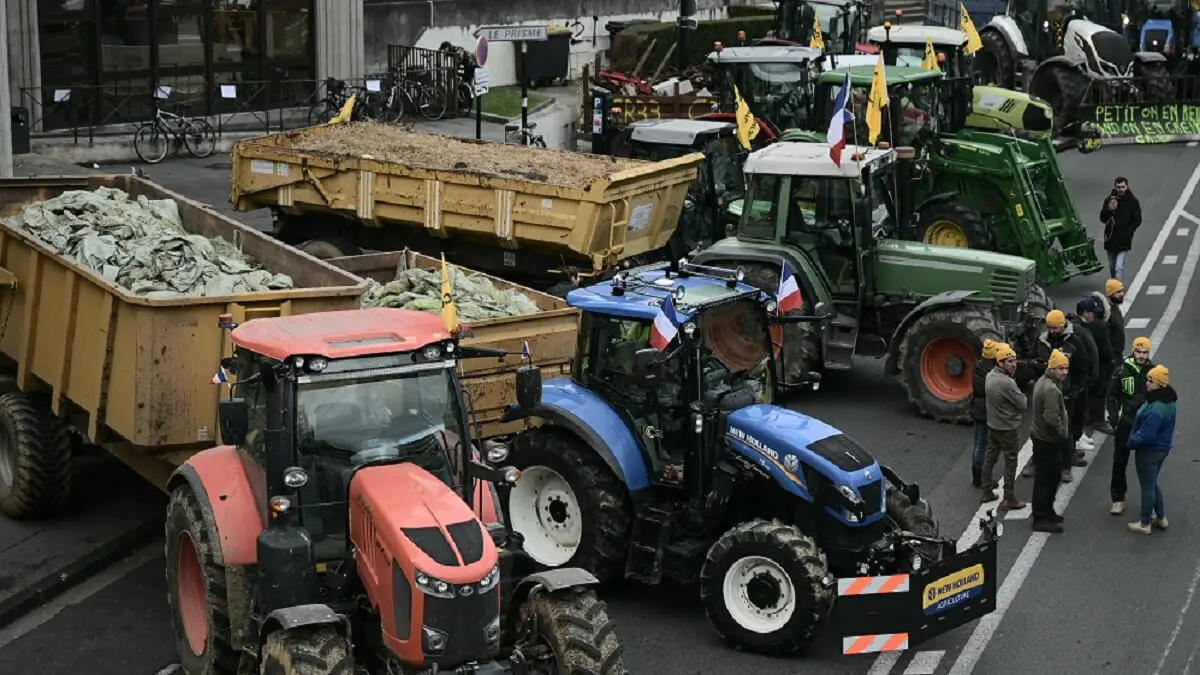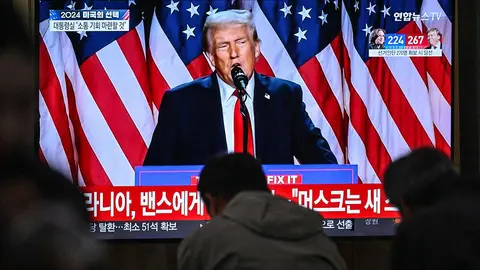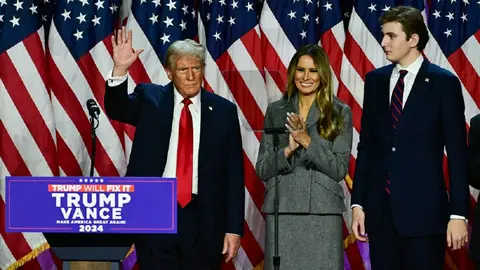EU-Mercosur, a great project that could be derailed

A treaty that would bring together the 27 members of the European Union on the one hand, and the five that make up Mercosur: Brazil, Argentina, Paraguay, Uruguay and Bolivia, on the other.
If it were to enter into force and be implemented, it would benefit 800 million people, who would trade goods worth 45 billion euros a year. The heavy customs duties imposed across the South Atlantic on European products such as cars, textiles and wines with designation of origin would fall at a stroke.
In return, Mercosur countries would benefit from being able to export significant quotas of their agricultural products to Europe, with quotas already set in the formally concluded treaty, such as 45,000 tonnes of honey, 60,000 tonnes of rice, 180,000 tonnes of sugar, as well as 160,000 tonnes of beef and 180,000 tonnes of poultry products.
As soon as these negotiations were concluded and the final agreement drafted, France's powerful agricultural sector went ballistic, threatening to bring the country to a complete and indefinite standstill, a move that drew the solidarity of the sector across Europe, farmers who were also furious with the European Commission and its stifling regulatory and bureaucratic policies.
French President Emmanuel Macron, who had welcomed this long-standing agreement, changed his mind as soon as the rural world mobilised. At the same time, the vast majority of France's atomised political mosaic joined the protest, including the former EU vice-president and chief Brexit negotiator, now prime minister Michel Barnier. No less than 600 French MPs and senators from across the political spectrum co-signed an article published in Le Monde, arguing that the text of the EU-Mercosur treaty ‘does not respect the democratic, economic and environmental criteria set by the French National Assembly and Senate’.
Before and after the publication of such a political tribune, a series of demonstrations, declarations and positions were made, warning of the innumerable dangers that would befall the French countryside, but above all its citizens, who would massively consume South American agricultural products that are not subject to the strict sanitary measures required within the EU.
The harshest accusations focus on cattle farming in Brazil, the world's leading beef producer and exporter, whose agricultural companies are accused of artificially fattening their cattle with oestradiol (E2 or 17B), a female sex steroid hormone banned in Europe but commonly used in Brazil for several decades.
The health argument was also put forward by Macron, who also pointed out that production practices, and of course workers' wages, are very different on either side of the Atlantic. Michel Barnier, for his part, mainly put forward economic arguments, in particular ‘the disastrous impact on entire sectors of European agriculture and livestock farming’.
While major battles have been waged within Mercosur to unify the conviction that the agreement with the EU is a good one, signs of division have also appeared within the EU following France's refusal to ratify the treaty.
France already has the reluctance of Poland, Austria, the Netherlands and Ireland on its side, while Germany, Italy, Portugal and Spain are pushing for the Commission to sign before the end of this year.
In the latter group, in addition to the considerations in favour of the strong increase in trade that the agreement would bring, they stress that the EU as a whole would need to ensure the supply of raw materials that are essential for the immediate future, such as lithium, copper, iron and cobalt, which are abundant in the area of the five countries that make up Mercosur.
In exchange, and in the wake of COP29 in Baku, the agreement's detractors point to the potential increase in deforestation that would result from allocating new masses of the Amazon rainforest to agriculture and livestock farming, whose products would be in massive demand in the EU.



